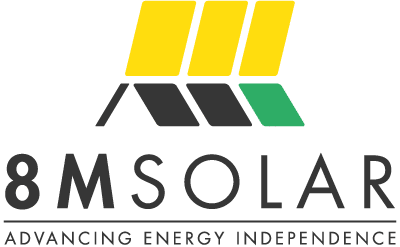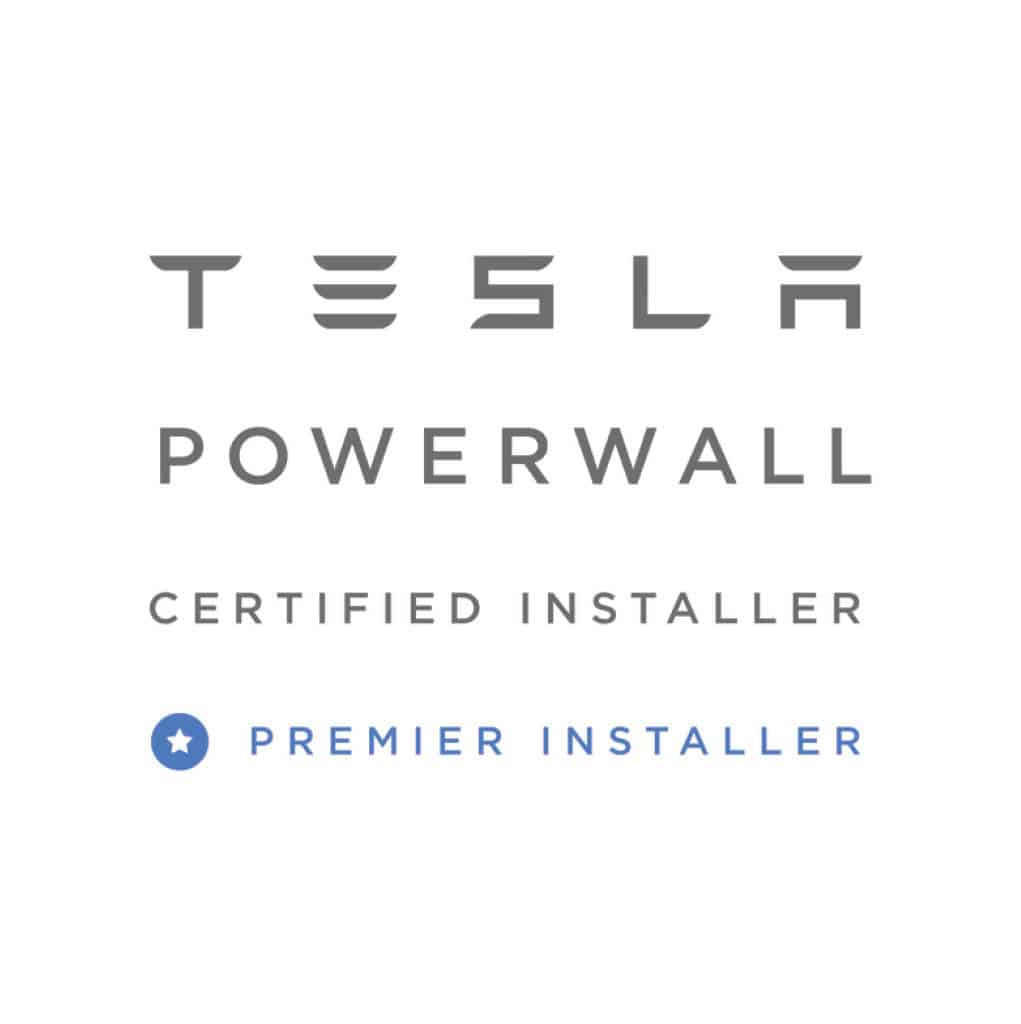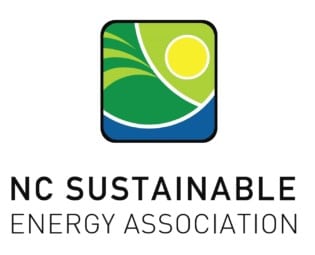Running a business involves much more than simply offering attractive products or services to customers. Today’s consumers, investors, and partners are looking beyond price tags and features, placing greater importance on a company’s core values and ethical practices. In the evolving commercial landscape, a business’s commitment to sustainability and transparency is no longer a bonus—it’s an expectation. Companies that take proactive steps to reduce their environmental impact and foster ethical practices are seen as more trustworthy and forward-thinking, ultimately strengthening their reputation and long-term success. As a result, integrating values and sustainability into a brand’s identity has become a key component of staying competitive and relevant in today’s marketplace.
One effective way to articulate your organization’s commitment to environmental sustainability is by installing solar panels. This decision comes with a variety of considerations beyond the obvious benefits of renewable energy production.
Evaluating Investment Costs: Upfront Expenditures and Long-Term Savings
Investing in solar power technology can be an intimidating endeavor due to the substantial upfront costs. For instance, a small-scale commercial solar panel system costs approximately $2 per watt on average, translating into an estimated total cost of around $200,000 for a full installation across an average sized organization. In certain cases, the additional infrastructure necessary for battery storage can elevate the initial costs to as high as $500,000 for smaller businesses.
Despite these considerable costs, it’s essential to note that there are numerous financing options available to facilitate the transition to solar energy. In the United States, power purchase agreements (PPAs) can significantly alleviate the financial burden. PPAs engage special purpose entities (SPEs) that manage the installation of solar equipment and maintain the energy systems for a period, gradually transferring ownership back to the business. This mechanism helps to mitigate the impact of upfront costs.
It’s crucial to remember that the cost of installing solar panels is not a sunk cost but an investment with an expected return. Factors such as installation scale, local climate, and energy consumption patterns can affect the payback period of photovoltaic solar panels. Thanks to the variety of financing options and governmental incentives, solar installations typically achieve a return on investment within three to five years. With solar cells lasting 25 to 30 years on average, the long-term financial benefits far outweigh the initial investment.
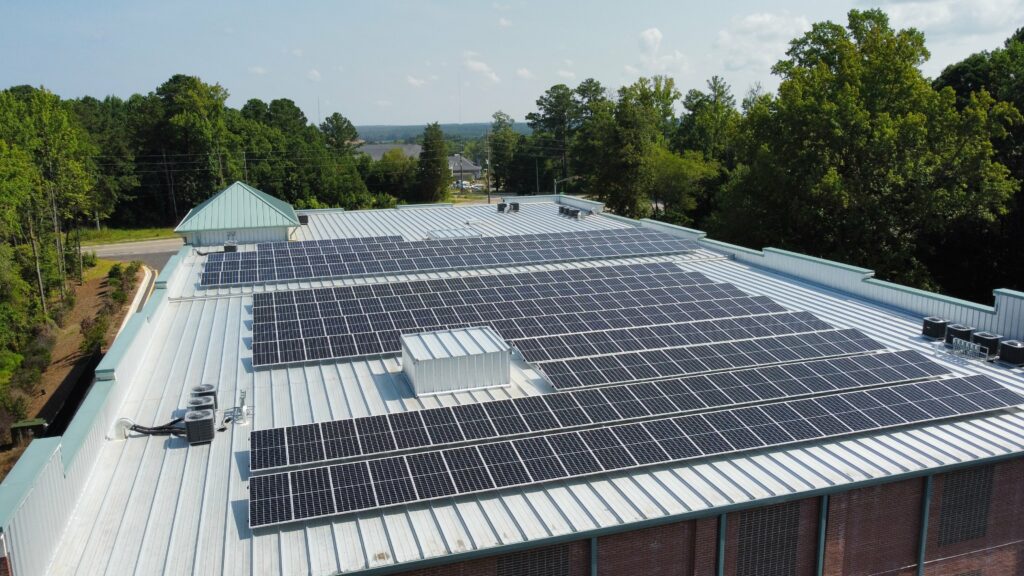
Towards Energy Independence: Reducing Grid Reliance
One of the primary advantages of solar power is the reduction in dependence on the grid, leading to substantial savings in utility costs. Statistics show that installing solar panels can decrease overall energy utility costs by 75% for commercial property owners. This reduction can lower an average monthly energy bill from $1,950 to around $500.
Moreover, the less a business relies on grid power, the less it has to worry about power consumption trends disrupting its operations. Small-scale solar installations can generate power exclusively for on-site use, placing power production “behind the meter.” The switch to solar energy not only brings financial benefits but also reduces demand on the grid, consequently decreasing power generation from non-renewable sources like coal and natural gas.
Solar Power Across the Political Spectrum
Contrary to common misconceptions, the merits of solar power transcend political divides. The potential for independence from fossil fuel-based electricity and advances in renewable technologies appeal to environmentally conscious thinkers. Meanwhile, the prospect of significant reductions in utility bills attracts those with more economically focused viewpoints.
The cost of solar power has dropped by over 60% in the last decade, making the switch to green energy a compelling choice for small businesses. The multifaceted advantages of solar energy can resonate with business owners across the political spectrum, acknowledging the appeal of affordably priced electricity for their operations. Thus, it would be a gross oversimplification to reduce the conversation about solar power to a partisan debate.
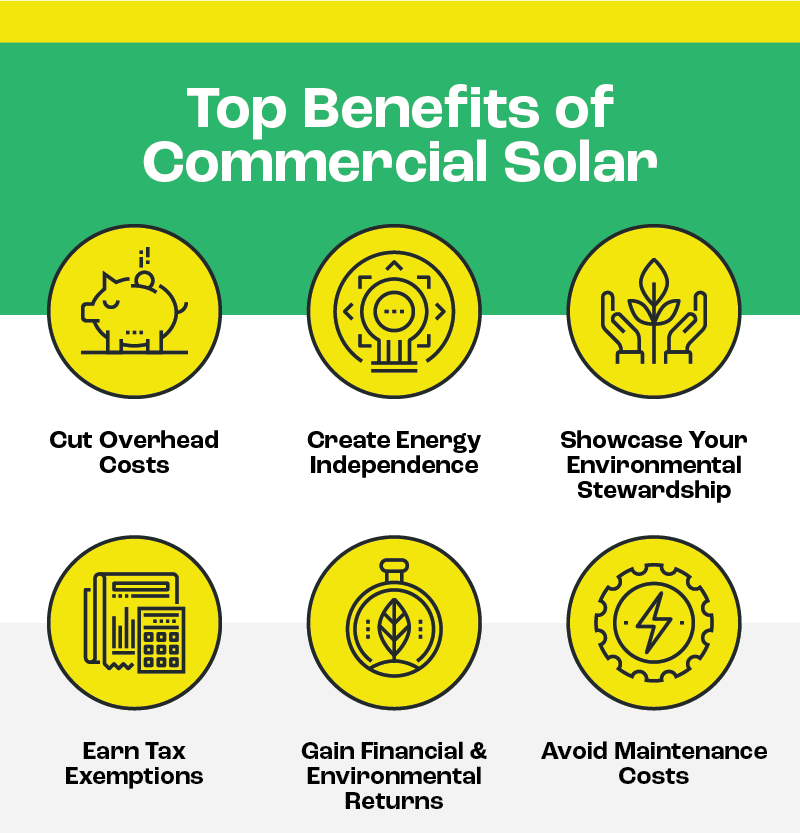
The Impact of Solar Panels on Business Perception
One of the most significant yet often overlooked benefits of installing solar panels at a business is how they shape public perception. The mere presence of solar panels sends a powerful message to customers, partners, and the community about a company’s dedication to sustainable energy practices. For many consumers, supporting businesses that prioritize environmental responsibility is becoming a core value. Displaying solar panels—whether through physical installations or creative signage—can enhance a brand’s reputation, attract environmentally conscious customers, and promote long-term loyalty.
While solar panel visibility may vary based on the specifics of the installation, businesses can find ways to showcase their commitment to renewable energy. For instance, companies can use window displays, digital content, or even informational boards that explain their solar setup and energy-saving impact. These creative approaches can make a lasting impression, turning the solar investment into a conversation starter with customers. A visible commitment to green energy doesn’t just reduce operating costs—it can drive meaningful engagement that ultimately boosts sales and customer retention.
Beyond individual businesses, the growing visibility of solar panels contributes to a broader cultural shift. As more people see solar panels in everyday places—offices, restaurants, retail stores—they become more familiar and comfortable with the technology. This normalization encourages both individuals and organizations to consider solar as a viable energy solution, contributing to larger sustainability efforts. By investing in solar power, businesses aren’t just making a smart financial decision—they’re helping lead the way toward a more sustainable future. In doing so, companies demonstrate that investing in green energy isn’t just about reducing costs but about making a positive impact on the planet and inspiring others to do the same.
Help Your Small Business Go Solar Today

Embracing solar energy for your business is about future-proofing your company and demonstrating your commitment to sustainability. The financial benefits of solar power, from tax incentives to long-term savings on energy bills, are substantial and the impact goes beyond dollars and cents. Installing solar panels also showcases your brand’s dedication to environmental responsibility, which resonates with customers and partners who value sustainable practices. By making the switch to solar, your business can reduce its carbon footprint, enhance its reputation, and contribute to a cleaner future.
At 8MSolar, we specialize in helping businesses of all sizes unlock the potential of solar energy. Our team is here to guide you through every step of the process, from understanding tax incentives to navigating the installation and maintenance of your solar system. We’ll help you identify how solar can make a tangible difference in your bottom line while positioning your brand as a leader in sustainability. Whether you’re looking to reduce costs, improve your environmental impact, or future-proof your operations, 8MSolar has the expertise to help you achieve your goals.
Don’t let your business miss out on the opportunity to harness the power of the sun. Contact 8MSolar today to learn how solar energy can work for your business. Together, we can build a more sustainable future while helping your company thrive in an ever-evolving market.
